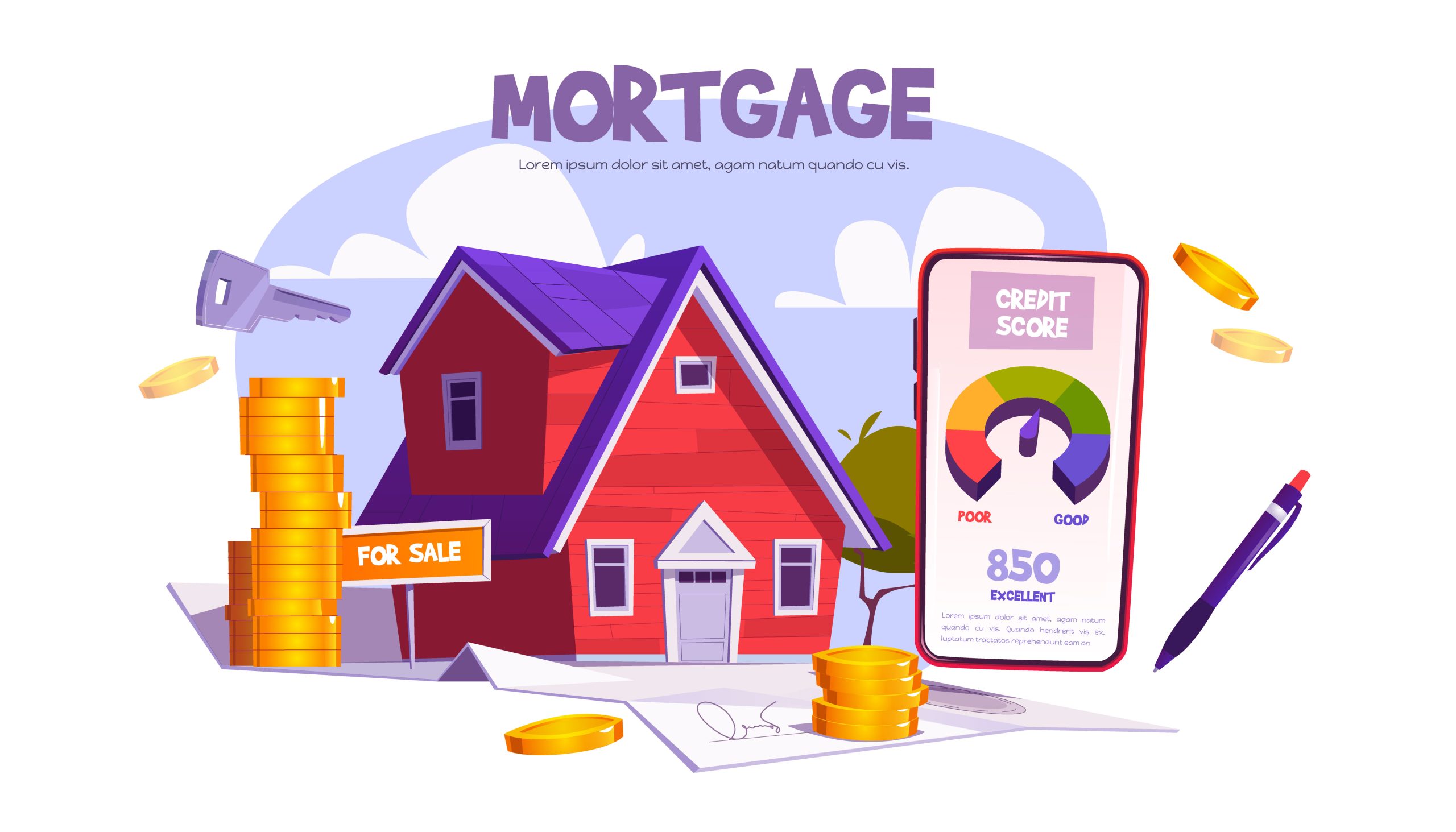Which Mortgage Tenure Is Good For You? 15Y or 30Y!
Right now is a challenging moment for homebuyers. Mortgage rates are increasing, property prices are setting new records, and supply problems are still present. Additionally, homebuyers must decide on a type of loan, lender, and duration. The most cost-effective mortgage is often a 15-year loan because the rate is lower, you can pay it off sooner, and you will pay less interest overall. On the other hand, the more down monthly payment and flexibility to have more monthly income available for different needs, including investing in pension or unanticipated house repairs, make the 30-year loan so alluring, having paid more in interests over a more extended period.

What you should know about any of these two well-liked mortgage alternatives is as follows:
Let’s know about 30-year Mortgages.
These loans, which also go by 30-year fixed mortgages, are repaid over 30 years. The term “fixed” refers to the interest rate set when you sign the loan; unlike an adjustable-rate mortgage (ARM), it won’t alter depending on market interest rates. However, if it makes financial sense for you to do so, you can opt to refinance in the future to acquire a new interest rate and avoid being locked with the original rate for the remainder of your life. In the United States, 30-year mortgages are the most common, accounting for 90% of all mortgages. In addition, homebuyers frequently find 30-year mortgages to be more reasonable since they have monthly payments that are much lower than those of 15-year mortgages. But keep in mind that throughout the loan, you’ll wind up paying more in interest.
Then how about 15-year Mortgages
Like 30-year mortgages, 15-year mortgages are fixed; the difference is that you repay the loan over 15 years rather than 30. These mortgages with shorter terms feature higher monthly payments but lower interest rates and shorter loan terms, so you pay less overall. Additionally, your home’s equity will grow quicker. Despite only making up 6% of the market, 15-year mortgages are less frequent than 30-year mortgages, but that doesn’t mean you shouldn’t look into getting one. A 15-year mortgage will help you save money in the long term and become debt-free sooner if you can manage the higher monthly payments.
Impact on your costs by the mortgage terms
The length of your mortgage will affect the overall cost of your loan and the monthly payment. According to Brian Grubbs, president, and chief executive officer of Raleigh Mortgage Group, a mortgage broker located in Raleigh, North Carolina, “you normally obtain a lower interest rate by taking a 15-year term.” According to current statistics, the gap between a 15- and 30-year mortgage rate might be roughly 0.5%. That 0.5 percentage point can result in a difference of about $100,000 throughout the loan.
A 30-year mortgage with a 3.33% rate of interest on a loan for $250,000 would cost an extra $145,648 in interest out over the length of the loan, according to the calculations. An additional $55,808 in interest would be owed throughout a 15-year loan at a 2.77% interest rate. However, your monthly expenditure tells a different tale. With a 15-year mortgage, you will pay less overall, but your monthly bill will be much higher because the loan amount is spread out over a shorter period. In the example above, the 15-year mortgage would have a monthly payment of $1,698 (fees and taxes excluded), whereas the 30-year mortgage would have a monthly cost of $1,099.
The said difference in monthly payments can be crucial for many people. According to Grubbs, many first-time homebuyers have debt from college loans that must be considered. The choice between being able to purchase a home that is theirs and not being able to buy a home at all depends on whether they can obtain a 30-year mortgage.
Other Differences between the two
When deciding where between a 15-year or 30-year mortgage, there are a few other aspects to take into account in addition to the cost:
Repayment period
The most apparent distinction between a 30-year and a 15-year mortgage is the time to pay off a mortgage. You’ll make half as many payments throughout 15 years, so that those repayments will be more expensive. Spreading the sum over double as many payments over a 30-year period results in a higher overall interest cost. In general, a 15-year term is more advantageous. James McGrath, a certified real estate broker with Yoreevo, a real estate agency in New York City, argues that if someone has the financial means to take on a 15-year loan, it’s at least worthwhile examining.
Collation on the equity
A 15-year mortgage allows you to build equity in your house more quickly, which can help you sell your property for more money in the future. In addition, more significant equity puts you in a better position to refinance your house sooner, either to receive better terms or to cash out part of that value if you don’t have any immediate plans to sell. According to Grubbs, you can see how much principle and interest you must pay each month by looking at each amortization chart. “The 15-year mortgage is intriguing to consider since you get much more done faster.”
Effect on the taxes
According to Alex Caswell, a wealth adviser with RHS Financial, any interest paid on a house loan of less than $750,000 can be deducted from your taxes if you itemize. Homeowners who bought their residence on or before December 16, 2017, can reduce interest on a portion of their mortgage of up to $1 million. Naturally, the interest on a 30-year mortgage is more than on a 15-year mortgage, which might result in a more significant deduction. Unfortunately, most taxpayers are not eligible for this benefit since only 30% of Americans itemized their deductions; the remainder uses the standard deduction.
Impact on the Cash flow
Long-term interest savings from a 15-year term are possible, but the monthly payment will be more significant. A 30-year period will thus provide you more freedom each month to reach those savings goals if you’re having trouble saving for an emergency fund, funding your retirement accounts to the maximum, or paying off debt.
Then which one is best for you?
Consider what payment matches your budget first. According to McGrath, “most individuals buy based on a monthly payment.” You might be able to buy a more expensive home with a 30-year mortgage, but that doesn’t make it the best choice. What amount are you planning to use as a down payment? A more outstanding down payment makes the monthly mortgage payments on a 15-year or 30-year mortgage more manageable. How long do you intend to reside here? Because the fees aren’t as heavily weighted with interest as with a 30-year mortgage, a shorter loan term enables you to increase your home’s equity more quickly.
Are there any plans or ambitions for your equity in the short- or long-term? A 15-year mortgage gets you there quicker if you have short-term financial objectives that would benefit from using home equity as collateral. A 30-year mortgage is more suited for long-term planning but still creates value. What does your mortgage match in with other money-related objectives? When choosing the size of your mortgage, consider your other obligations and financial goals. Both the cost of your purchase and the term of your mortgage significantly influence.



